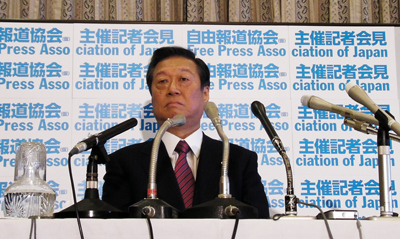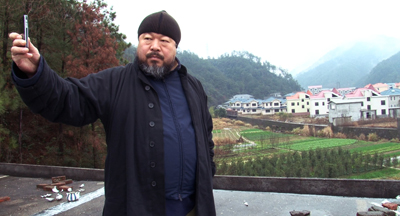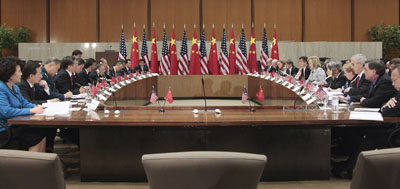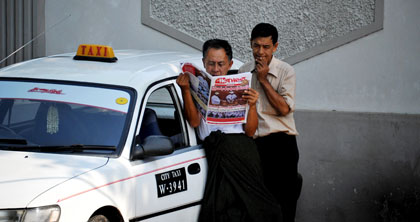Video: ‘Living in silence: Journalists in exile’
We write a lot at CPJ about the terrible things that happen to journalists because of their reporting, but we don’t often get a chance to show you what happens to them after they are forced to flee their homes and land abroad. This video, about three such journalists, is worth watching.

Following disaster, Free Press Association of Japan launches
After the huge catastrophe that hit Japan this March, the country is in need of a freer media culture. A less restricted media would allow more people access to information at press conferences. In the name of this aim, in April 25, a group of Japanese freelance journalists launched a new organization called the Free Press Association of…

Q&A: Filmmaker talks Ai Weiwei and jailed activists
Three years after a devastating earthquake hit Sichuan province in May 2008, CPJ spoke to documentary filmmaker Alison Klayman. The director is working on the upcoming “Ai Weiwei: Never Sorry,” about the recently detained Chinese artist who documented the aftermath of the earthquake and published the names of children killed in the collapse of frail…
U.S-China disagreement, not dialogue, on human rights
The U.S.-China Strategic and Economic Dialogue, which concluded in Washington today, may not have produced much in the way of specific commitments on human rights issues. But media appearances surrounding the talks have provided a forum for top leaders to re-state their views in public.

U.S.-China dialogue must keep focus on human rights
China’s powerful State Councilor Dai Bingguo told U.S. officials today that his country was “making progress” on human rights issues, according to Agence France-Presse. The remarks, made at the start of the two-day Strategic and Economic Dialogue, do not bode well for U.S. efforts to keep human rights on the table after last month’s exchange on human…

Mission Journal: CPJ tackles impunity in Pakistan
After months of planning and preparation, our CPJ team had assembled in Islamabad with an ambitious plan. On May 3, we had a meeting scheduled with President Asif Ali Zardari to discuss the country’s failure to investigate the killings of journalists. We also had positive indications that our delegation would be able to meet with…

Press freedom requires action, not talk, in Burma
Burma’s newly installed democratic government has sent tentative signals that it intends to allow for more media openness as the country transitions from military to civilian rule. The continued detention of more than 2,100 political prisoners, including as many as 25 journalists, however, belies President Thein Sein’s recent press-promoting pronouncements.

Only some Chinese writers allowed to attend PEN Festival
The stage was full of empty chairs on Thursday at “China in Two Acts,” part of the five-day PEN World Voices Festival of International Literature in New York, which ended on Sunday. A two-part program featured writer Zha Jianying speaking for the first part followed by a panel discussion in the second. The chairs, a…
Burmese exile news site endures hacking, DDoS attacks
Like other Burmese exile-run media, the Irrawaddy has been plagued by numerous denial-of-service (DDoS) attacks in recent years that have forced its website to be shut down. Now, Aung Zaw, the publication’s founder and editor, believes Burma’s military-backed regime has adopted a new cyber-attack strategy that aims to undermine the exile media’s credibility among readers.
